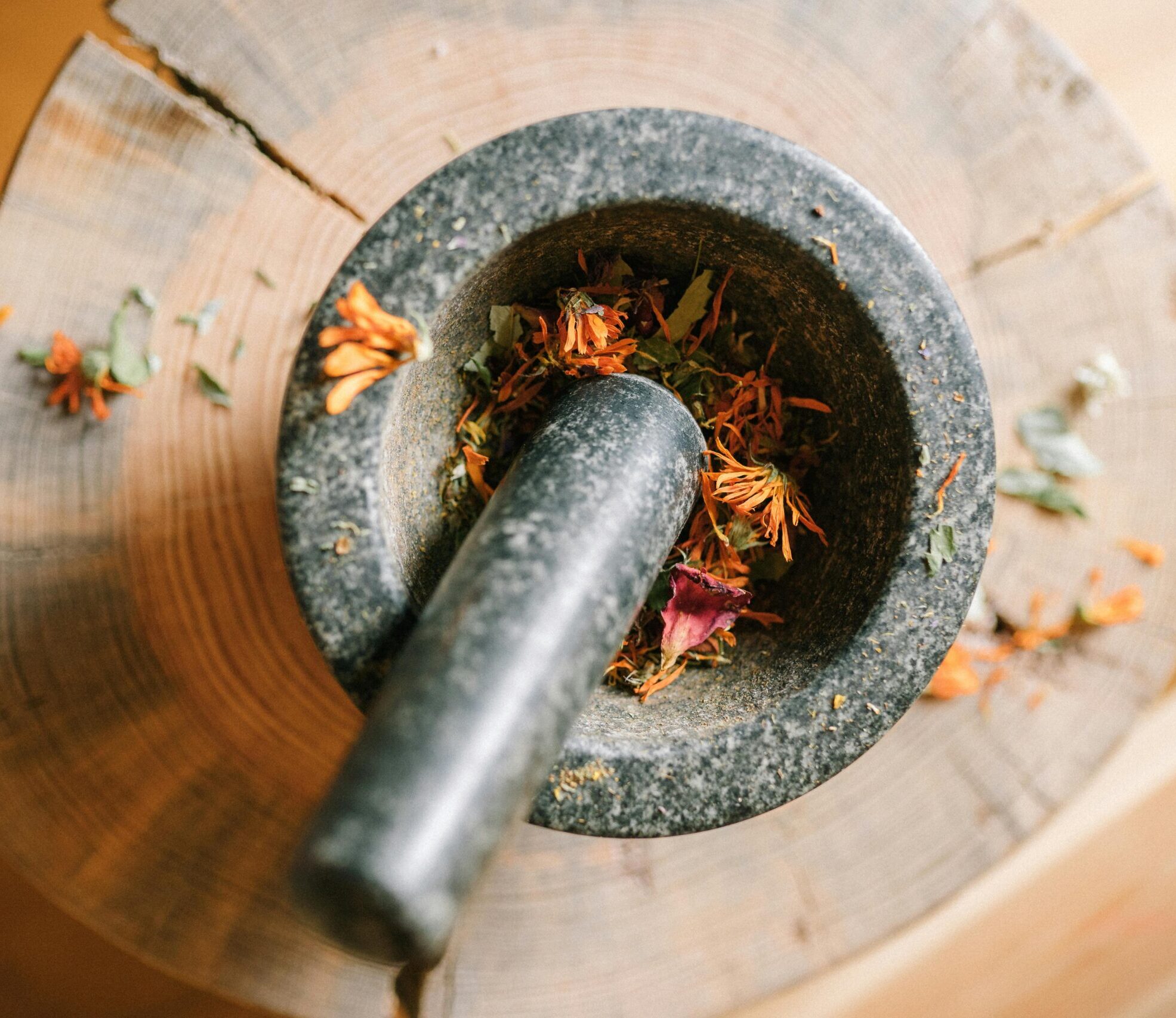Herbal medicine, a cornerstone of Traditional Chinese Medicine (TCM), has evolved over thousands of years to become one of the most respected and holistic approaches to health and healing. In modern society, Chinese herbal medicine plays an essential role alongside Western medicine, often providing support where conventional treatments fall short and offering alternative solutions that are more natural and holistic. As more people seek natural ways to maintain health, the influence of TCM continues to expand in treating various health issues. Here, we will explore the contributions of Chinese herbal medicine, its role in addressing specific illnesses, and its growing significance within the Western medical field.
A Brief Overview of Chinese Herbal Medicine
Chinese herbal medicine dates back thousands of years and remains integral to TCM. Practitioners use plant, mineral, and animal-based substances to treat imbalances in the body. TCM’s fundamental philosophy is rooted in maintaining harmony within the body by balancing yin and yang energies and facilitating the smooth flow of qi (vital energy). Chinese herbs are combined to target specific patterns in each individual’s health rather than focusing on isolated symptoms, as is common in Western medicine.
Chinese herbal remedies are typically composed of complex formulas that combine multiple herbs. These combinations are carefully crafted to achieve a specific therapeutic effect while balancing each herb’s properties. Commonly used herbs include ginseng for energy, ginger for digestive issues, and liquorice root for soothing inflammation. This rich, multi-faceted approach has made TCM herbal practices an attractive complementary therapy for various conditions.
Contributions of Chinese Herbal Medicine to Today’s Healthcare
- Support in Treating Chronic Illnesses
Chronic conditions like arthritis, diabetes, and digestive issues have become prevalent globally. Unlike acute illnesses, chronic diseases often require long-term management, which can be a significant burden for patients. TCM herbal remedies offer a gentler and usually safer alternative to some of the harsher pharmaceutical treatments available, helping to manage these conditions over time with fewer side effects.
For instance, herbal formulations containing cinnamon (Rou Gui), liquorice root (Gan Cao), and ginseng (Ren Shen) have been traditionally used to balance blood sugar levels, supporting those with diabetes. Likewise, turmeric, well-known for its anti-inflammatory properties, is frequently included in TCM for managing arthritis and chronic pain, a practice now widely adopted in Western holistic medicine. Herbs like ginger (Sheng Jiang) and peppermint (Bo He) are utilized for gastrointestinal conditions, soothing issues like indigestion, bloating, and irritable bowel syndrome (IBS).
- Supportive Care in Cancer Treatment
Chinese herbal medicine has found a growing role in oncology care, offering supportive benefits to cancer patients undergoing conventional treatments. Cancer therapies such as chemotherapy and radiation can have significant side effects, and TCM herbs have been shown to help alleviate symptoms like nausea, fatigue, and immune suppression.
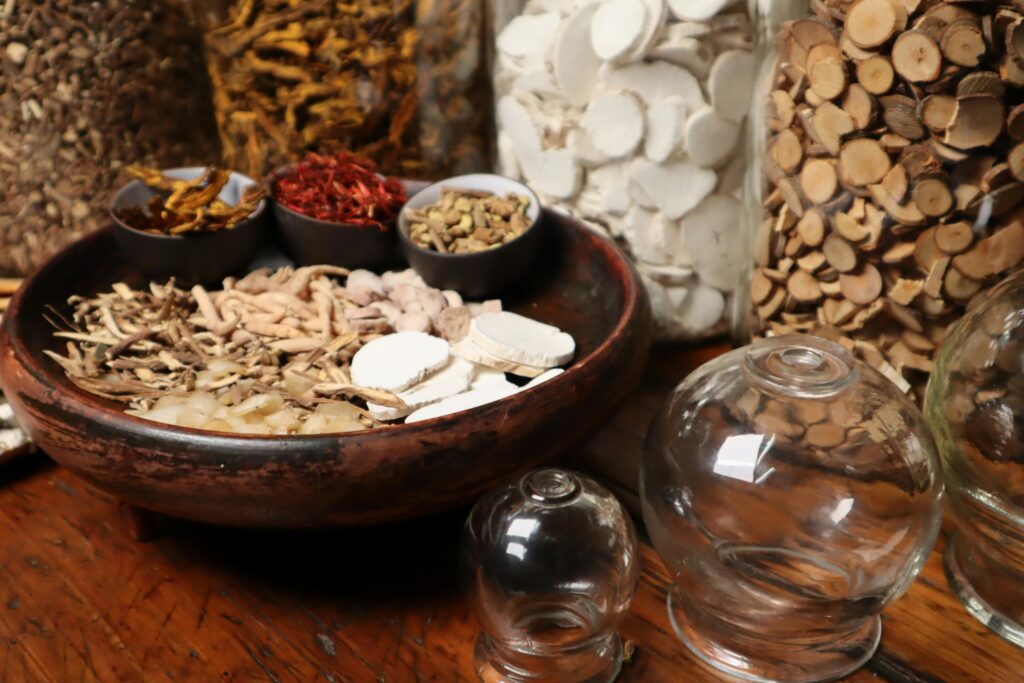
Astragalus (Huang Qi), for example, is an immune-boosting herb that may help mitigate the side effects of chemotherapy by strengthening immune function. Ginger is widely recommended for nausea, and ginseng is often used to combat fatigue. These herbal approaches are now integrated into many cancer support centres across the West, as they complement traditional treatments by enhancing patient quality of life and potentially improving overall outcomes.
- Mental Health and Stress Management
In today’s fast-paced society, stress and mental health disorders like anxiety and depression have become increasingly common. Traditional Chinese herbs such as goji berries (Gou Qi), Schisandra (Wu Wei Zi), and reishi mushrooms (Ling Zhi) are known for their adaptogenic properties, which help the body adapt to stress and restore balance.
Herbs like ginkgo biloba (Yin Xing Ye) are valued for their potential cognitive-enhancing effects and are often used to support memory and mental clarity. Western medical research studies this plant for its potential role in preventing age-related cognitive decline, showing the valuable contribution TCM can make to addressing mental health challenges in modern society.
Chinese Herbal Medicine and Its Influence on Western Medicine
The contribution of Chinese herbal medicine to Western pharmacology is considerable, with many pharmaceutical drugs today inspired by or directly derived from Chinese herbs. For example:
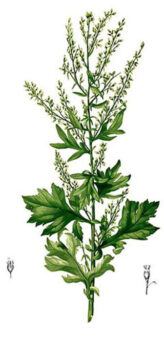
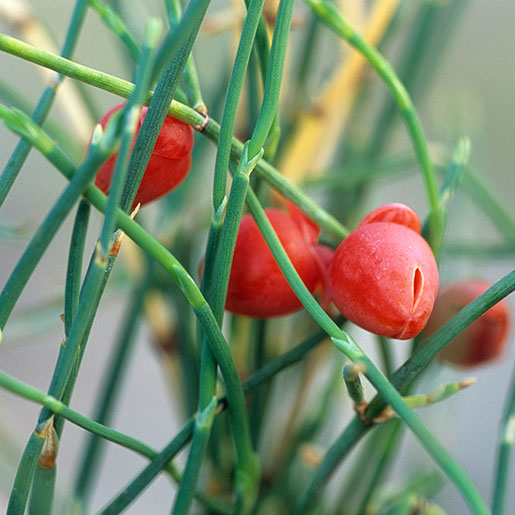
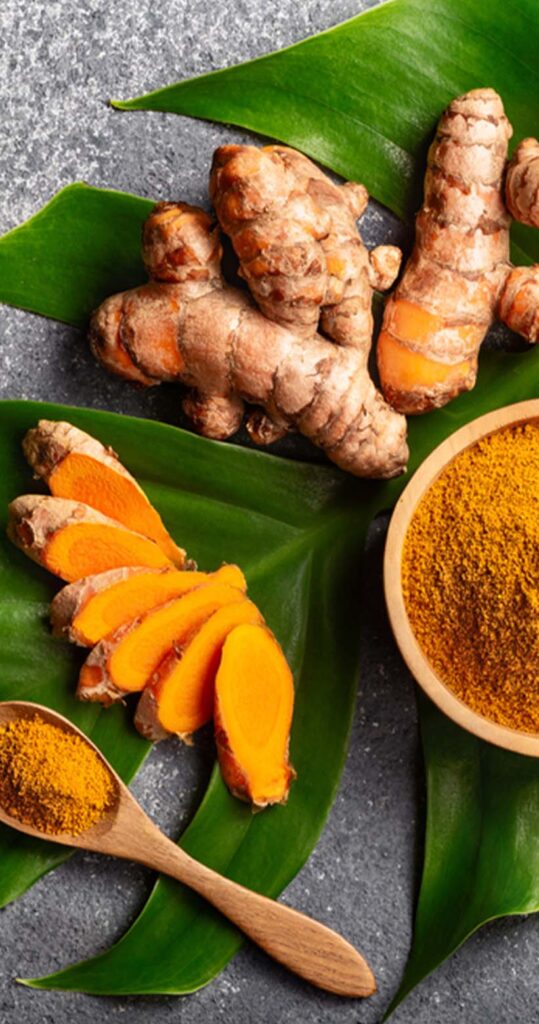
- Artemisinin (Qing Hao): Derived from Artemisia annua, or sweet wormwood, Chinese scientist Tu Youyou discovered artemisinin in the 1970s and has become a highly effective antimalarial drug. This discovery earned her a Nobel Prize and is a notable example of Chinese herbal medicine directly impacting global health.
- Ephedrine (Ma Huang): Extracted from Ephedra, this compound is used in Western medicine as a bronchodilator for asthma and to relieve nasal congestion. However, it is used cautiously due to potential side effects, underscoring the need to understand and balance herbal properties.
- Curcumin (Jiang Huang): Turmeric’s active component has demonstrated powerful anti-inflammatory and antioxidant properties, making it a popular supplement for various inflammatory conditions. Western medicine has extensively studied curcumin for its potential in treating conditions ranging from arthritis to cardiovascular disease.
These examples highlight how Chinese herbal medicine has inspired many modern drugs. Researchers continue to study Chinese herbs to uncover more compounds that may lead to future pharmaceuticals.
How Chinese Herbal Medicine Is Being Used Today
As awareness of TCM grows, so does the interest in Chinese herbal remedies as a complementary or alternative approach to Western medicine. In many Western countries, TCM herbs are used alongside conventional treatments to provide a more holistic approach to healthcare. Here are some modern applications:
- Integrative Medicine Practices
Hospitals and wellness centres increasingly offer integrative medicine services, combining Western medical treatments with complementary therapies like Chinese herbal medicine. This approach broadens treatment options and allows patients to receive care tailored to their needs. For example, a cancer patient may receive acupuncture and herbal treatments to manage side effects while undergoing chemotherapy.
- Preventive Health
Western healthcare often focuses on treating illnesses after they occur, whereas TCM emphasizes preventive care. Chinese herbal medicine supports immune health, improves digestion, and maintains energy levels, preventing issues before they arise. Formulas like Yin Qiao San (used for early-stage colds) and Bu Zhong Yi Qi Tang (for immune support and energy) are increasingly popular for preventive health.
- Herbal Supplements in Mainstream Markets
The demand for herbal supplements in Western markets is at an all-time high, with Chinese herbs like reishi and rhodiola (hong jing tian) widely available and recognized for their health benefits. These adaptogenic herbs help regulate the body’s stress response and energy levels, offering a natural alternative for people seeking to boost their wellness.
Challenges and Considerations
While Chinese herbal medicine has made impressive strides in Western society, there are still challenges. Quality control is essential to ensure that herbal products are safe, as some can be contaminated with heavy metals, pesticides, or contaminants if not sourced correctly. Patients must consult trained and licensed TCM practitioners who can recommend appropriate formulations and ensure herbs are sourced from reputable suppliers.
Furthermore, the scientific community calls for more rigorous research to understand better the mechanisms of Chinese herbs and their interactions with pharmaceutical medications. Controlled studies will allow for the safe integration of these herbs into broader medical practice, helping both fields advance together.
Conclusion
Chinese herbal medicine has become a staple of Traditional Chinese Medicine and a valuable ally to modern healthcare. From treating chronic illnesses to providing support in oncology and mental health care, TCM herbs continue to gain respect and utility across cultures. While challenges remain, particularly in standardization and quality control, the potential of Chinese herbal medicine in promoting wellness and preventing disease cannot be overstated.
As TCM integrates further with Western practices, the holistic approach of Chinese herbal medicine offers a promising pathway for achieving balance in a world increasingly searching for natural, comprehensive health solutions.





